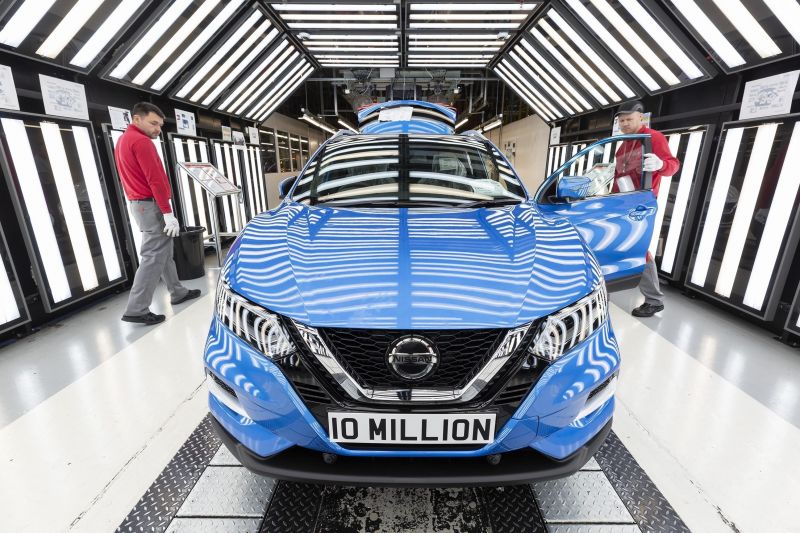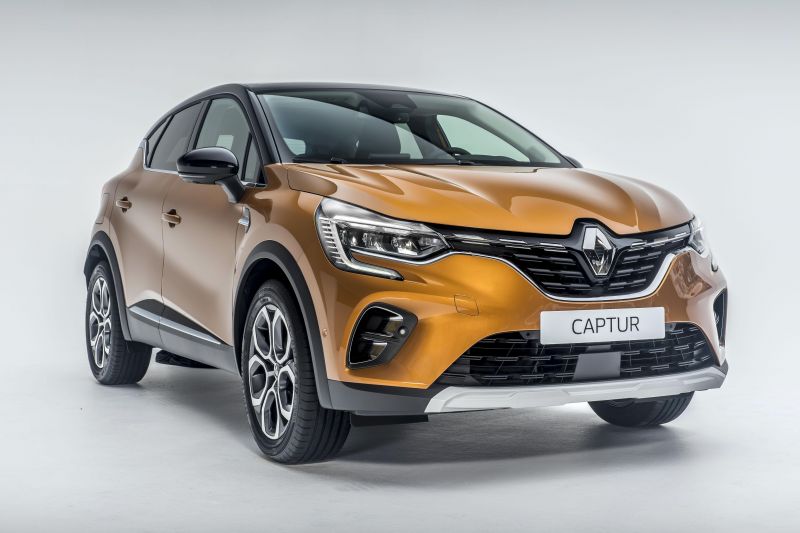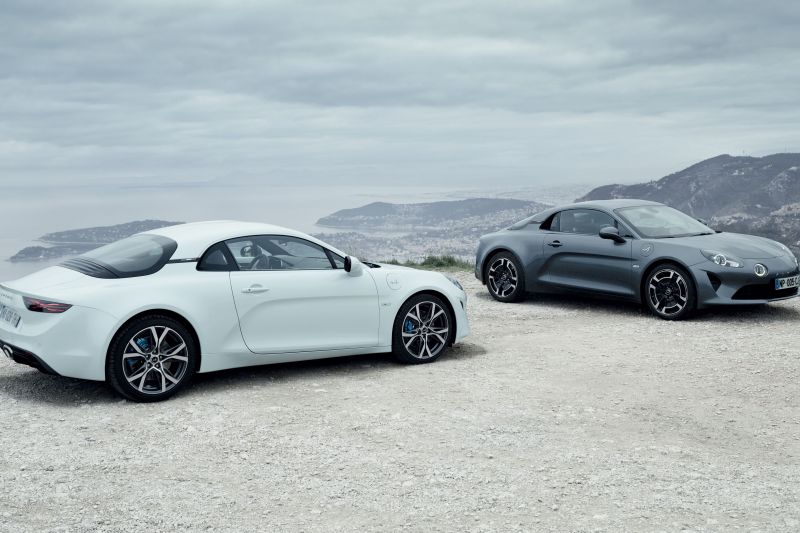Renault has reportedly put aside its long-held ambition to fully merge with Nissan, with the two automakers close to agreeing a new way of making their alliance work.
With the coronavirus pandemic exacerbating each company’s financial woes, sinking them further into the red, the two are said to be working hard to repair their fractured relationship.
Multiple sources have told Reuters and Automotive News Renault and Nissan have agreed to a new “leader-follower” model, which will see one company assigned the lead role for a particular technology or market segment.
For example, Nissan is set to assume the leader role for crossovers in Europe, which could see Renault models, such as the Captur and Kadjar, built at Nissan’s factory in Sunderland, UK. Electric powertrains and autonomous driving technology are other areas where Nissan will be in charge.
To balance this, Renault will take the lead in small city-friendly cars, commercial vans, and diesel engines.
This setup will also include Mitsubishi, which will take the driver’s seat in the Philippines, and could begin producing Nissan-branded vehicles at its factory there. It will also take the lead in kei cars and plug-in hybrid drivetrains.
It’s said this structure will ensure talk about a merger will disappear, at least in the short to medium term.
The Alliance, with its divergent cultures, was commonly seen to be held together by Carlos Ghosn, who was CEO of both Renault and Nissan for over a decade.
Since his arrest in Japan in late 2018 for financial irregularities, tensions between the French and Japanese automakers have risen to the surface, and joint work between the two parties has reportedly come to a near standstill.
In an interview after being released on bail, Ghosn indicated he was arrested because some in Nissan feared he was close to engineering a merger which they feared would undermine the Japanese brand’s independence.
Currently Renault has a controlling 43.4 per cent stake in Nissan with voting rights, board seats, and the ability to name the CEO. Nissan only owns a 15 per cent non-voting share in its French partner.
Both companies are due to announce turnaround plans this week. Nissan is reportedly planning to cut $4.3 billion in costs by closing factories, shuttering the Datsun marque, and concentrating on Japan, China and US.
Renault, meanwhile, is thought to be planning cost cuts of up to $3.3 billion. This will see it close a few French factories and possibly kill off the recently-revived Alpine brand.
Changes to the working relationship within the Alliance could be announced ahead of the unveiling of Nissan and Renault’s turnaround plans.






